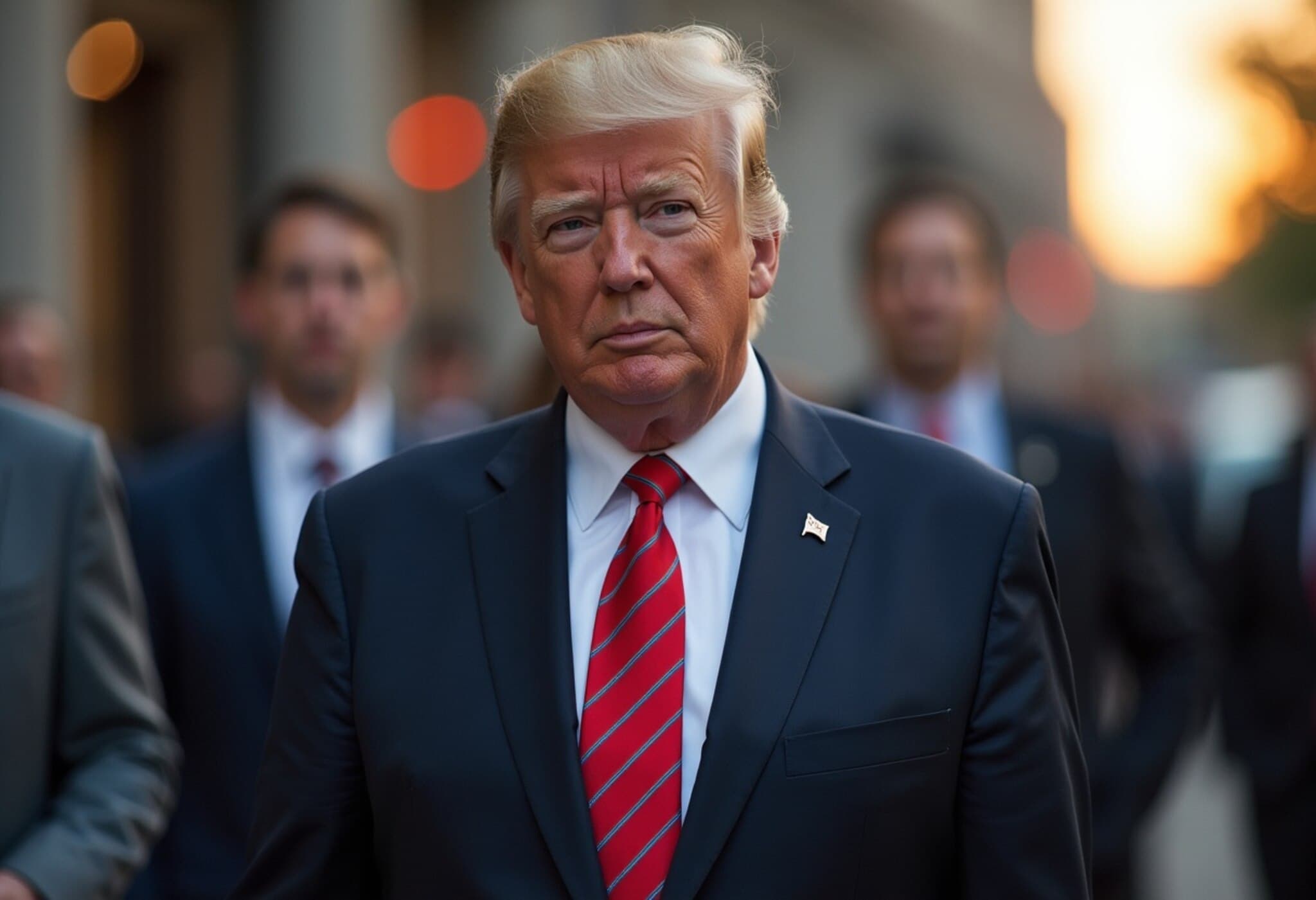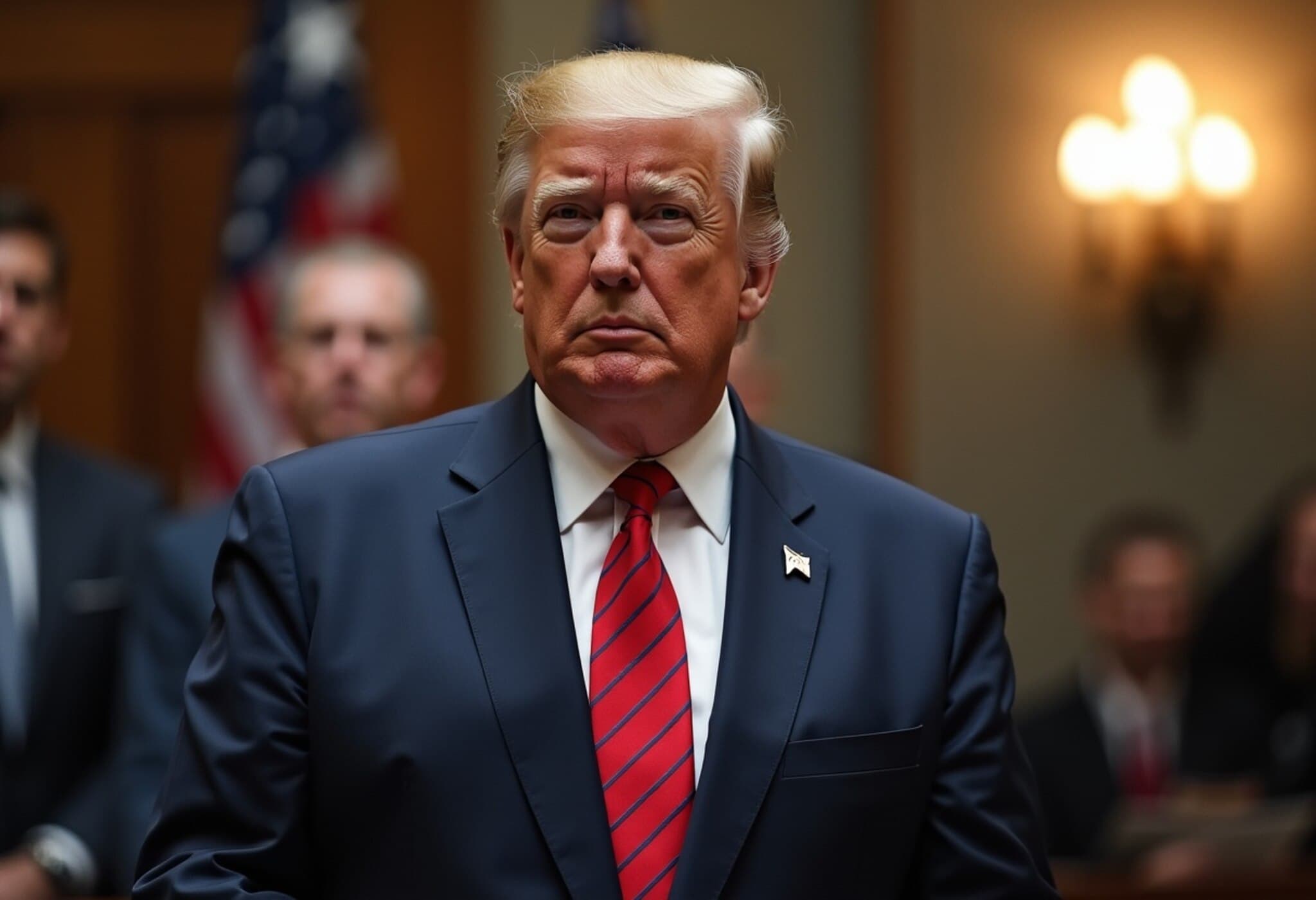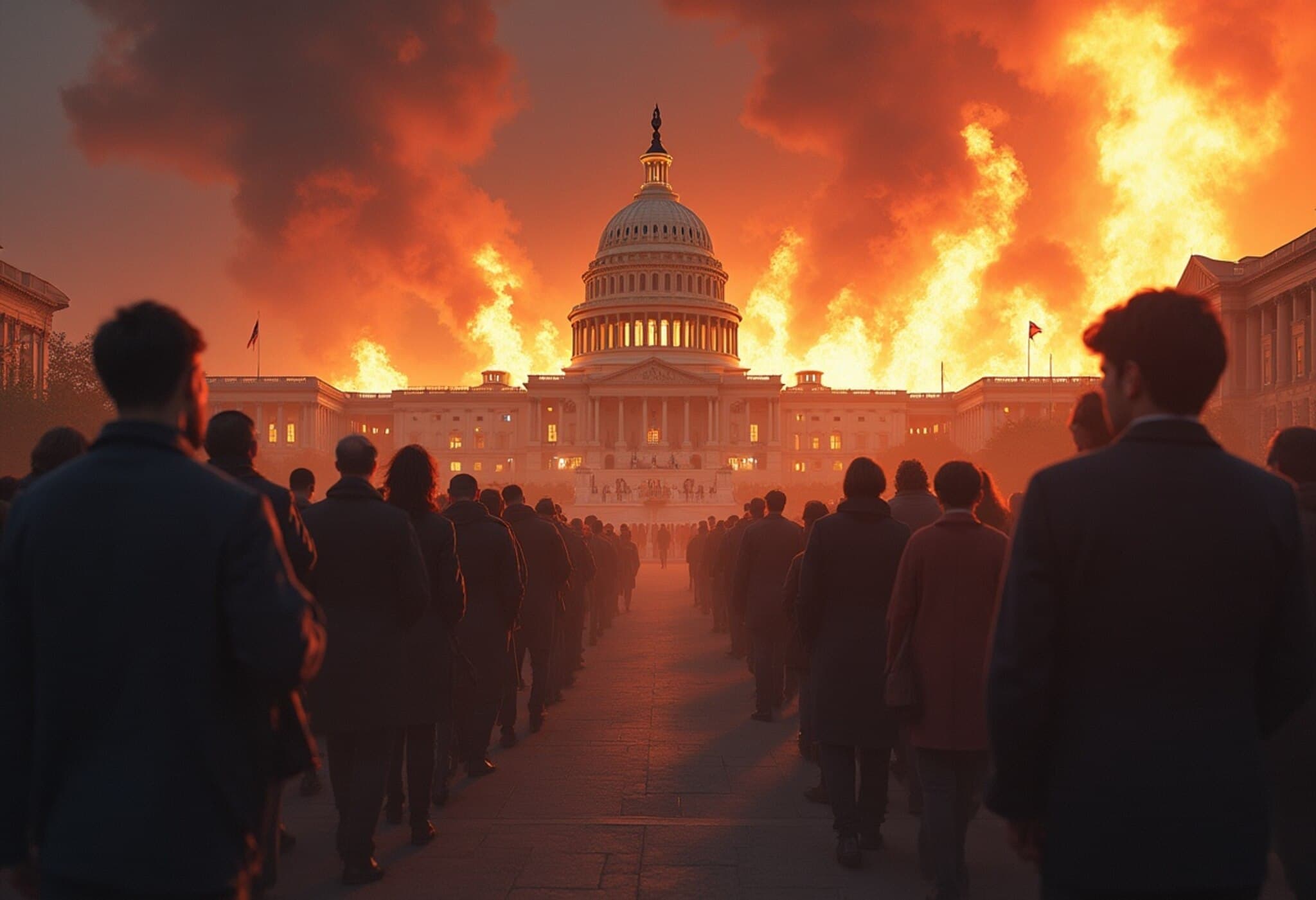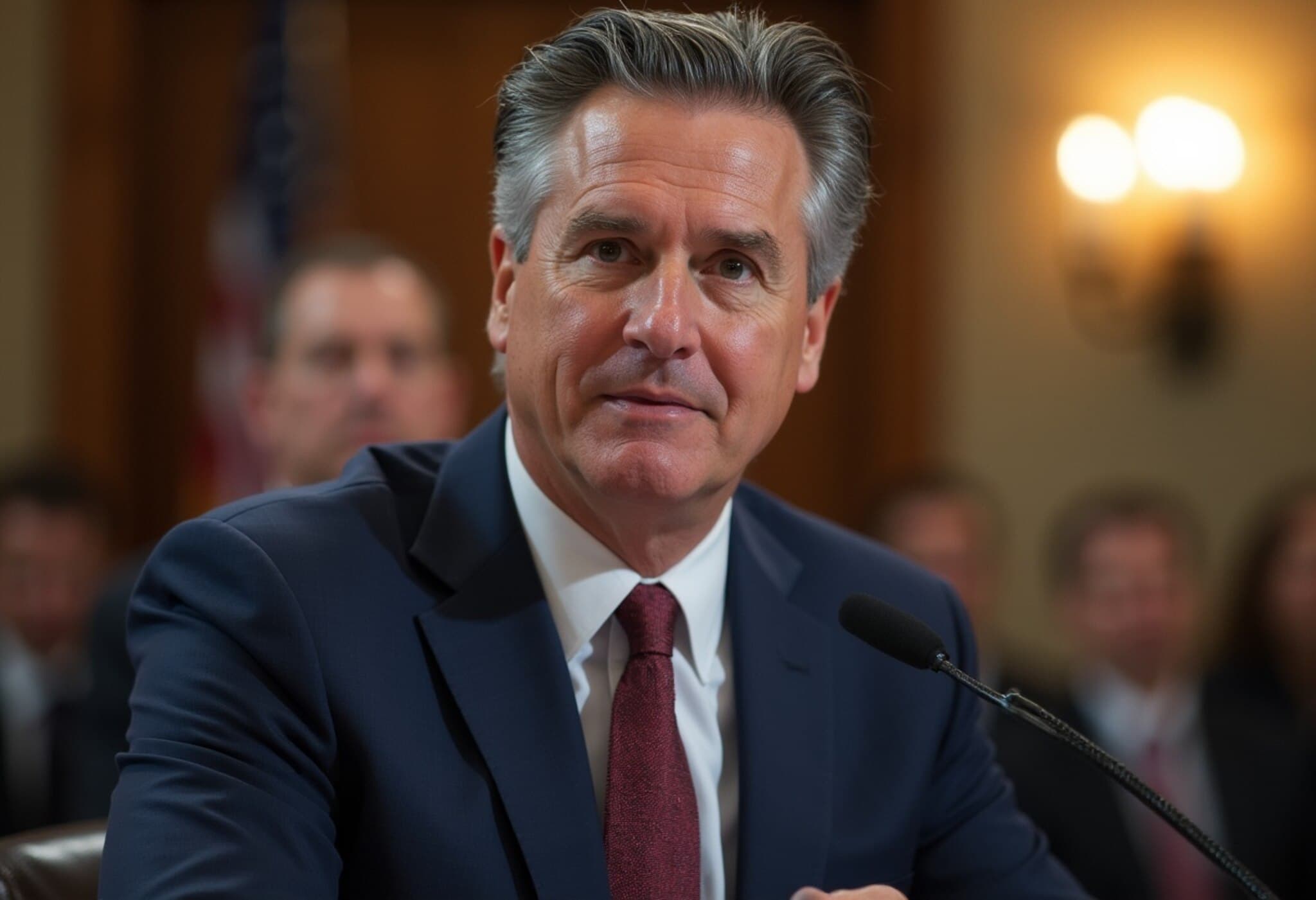Texas Governor Greg Abbott Orders Arrest Warrants Against Fleeing Democrats
In a dramatic escalation of the ongoing political battle over congressional redistricting, Texas Governor Greg Abbott has commanded state authorities to locate and arrest Democratic lawmakers who fled Texas to prevent a vote on a Republican-led redistricting plan. This extraordinary move underscores the fierce partisan divide over electoral boundaries and legislative power in the nation’s second-largest state.
The Flight to Illinois: A Standoff Over Redistricting
On Sunday, several Democrat legislators crossed state lines to Illinois, deliberately breaking quorum in the Texas House. Their objective: to delay or block a contentious GOP-backed proposal that could add five additional congressional seats for Republicans in the 2026 midterm elections. This redistricting effort, which has drawn public support from former President Donald Trump, is widely seen as a strategic attempt to strengthen Republican grip on Texas politics, potentially reducing Democratic representation from 13 seats to 8.
Governor Abbott’s Response: Upholding Legislative Duties
Governor Abbott accused the Democrats of shirking their official responsibilities, emphasizing the consequences their absence has on pressing state issues. In a public statement, he said: “By fleeing the state, Texas House Democrats are holding hostage critical legislation to help flood victims and deliver property tax relief.” He directed the Texas Department of Public Safety (DPS) to "find, arrest, and return" those lawmakers who have abandoned their duties, marking a rare use of civil arrest warrants in a legislative context.
Legal and Practical Limits to Enforcement
While the Texas DPS has been charged with enforcing these warrants, their authority has geographical limits. Law enforcement officers cannot carry out arrests beyond Texas borders, meaning those in Illinois remain beyond reach — a fact underscoring the complex interplay between state sovereignty and interstate legal boundaries.
However, any lawmakers who voluntarily return face immediate detention and escort back to the Capitol. Additionally, the Legislature enforces financial penalties, as absent lawmakers can be fined $500 per day for each legislative day missed, adding economic pressure to their political standoff.
Broader Context: The Battle Over Gerrymandering
This episode is emblematic of a broader national debate concerning gerrymandering — the practice of drawing electoral districts to confer partisan advantage. Critics argue that the new Republican map constitutes a blatant gerrymander that undermines representative democracy by diluting minority and Democratic voting power.
Texas Democrats’ decision to flee the state represents a high-stakes tactic often seen in minority party struggles, aiming to disrupt legislative processes when they lack votes within the chamber itself. Meanwhile, Texas Republicans defend the move as a legitimate exercise of their governing mandate to draw district lines following population shifts.
Illinois’ Role and Political Solidarity
Illinois Governor J.B. Pritzker offered refuge and support to the Texas Democrats, framing the move as standing up against what he described as partisan intimidation. This interstate solidarity highlights broader partisan dynamics, with blue states rallying behind efforts perceived as resisting GOP legislative maneuvers.
What This Means for American Democracy
The Texas redistricting drama vividly illustrates the lengths to which opposing parties will go to influence electoral representation — a critical factor that shapes policymaking at all levels. It raises important questions about the balance between political tactics, state authority, and democratic norms:
- At what point does legislative dissent become obstruction that harms governance?
- How should states balance electoral map drawing authority with protections against partisan gerrymandering?
- What are the limits of police power in enforcing legislative attendance across state lines?
This case will likely set precedents influencing other states grappling with similar fights over redistricting and legislative strategy ahead of the 2026 midterms.
Editor’s Note
The Texas governor’s unprecedented arrest orders against fellow lawmakers who fled the state highlight the intensifying political polarization shaping American democracy today. Beyond the immediate partisan clash, this situation underscores systemic challenges: how to fairly apportion political power and how elected officials balance legislative duty with protest tactics. Readers should watch closely as this standoff unfolds, potentially redefining the political landscape not only in Texas but nationally.














